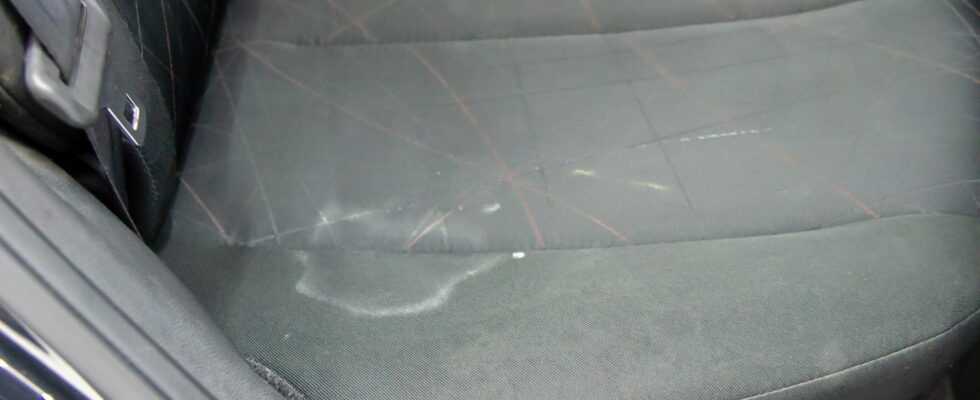Cleaning car seats becomes child’s play with this little-known natural product.
Cleaning the inside of your car is never much fun. But some tasks are less boring than others. Like vacuuming, for example. In just a few minutes, without having to spend too much energy, the result is clearly visible. Especially when you do it at the end of the summer holidays after thousands of grains of sand have become embedded all over the cabin. Other cleaning “operations” are, however, much less motivating. So much so that many drivers put them off a little longer.
This is the case when it comes to tackling seats and benches. The prospect of having to scrub hard with a sponge to obtain an uncertain result is not very appealing. However, there is a little-known trick that allows you to remove stains very easily, including the most stubborn ones. And to do it, you don’t even need a sponge, a cloth, or even any liquid. A natural product can, all by itself, restore a new look to all the fabrics in your vehicle.

This is Terre de Sommières, which takes its name from a town located near Montpellier where it was discovered in the 19th century. Renowned for its effectiveness inside the home (carpets, rugs, sofas, textiles, etc.), this very fine clay powder is also valuable for cleaning car seats. Extremely absorbent, it removes all liquid stains, even the most greasy. With a significant advantage, that of doing it effortlessly! Simply sprinkle Terre de Sommières on the stain to be removed and leave to act for a few hours. The older the stain, the longer it is recommended to leave the product on.
No need to scrub or wash, just vacuum up the powder at the end of the operation. The result is remarkable because all the stains embedded in the fabrics normally disappear the first time. If this is not the case, you can repeat the operation on the most persistent stains. To quote the slogan of a famous insurance company, Terre de Sommières has the advantage of being effective and inexpensive. To get some, just go to a supermarket or a DIY store where its average price per kilo flirts with 10 euros. Once adopted, it becomes difficult to do without it, and cleaning car seats and benches is no longer a chore.
